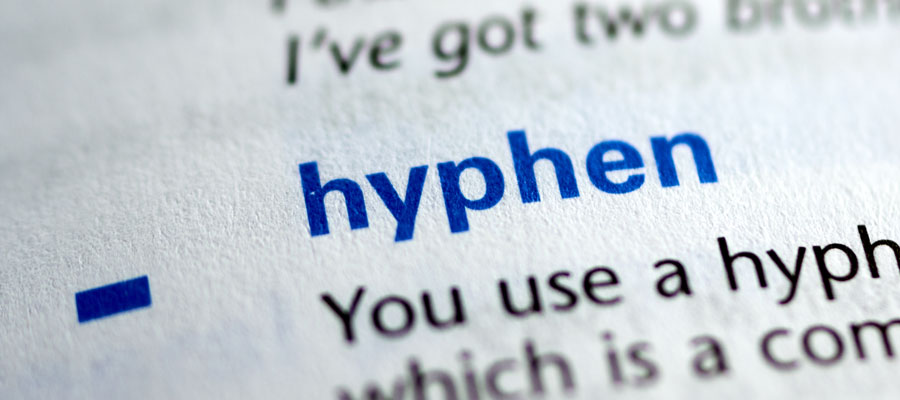
MOUNTAIN VIEW, CA – In a recent Reddit Q&A, John Mueller, the Senior Webmaster Trends Analyst and Search Relations team lead at Google, fielded a query on why hyphens are no typically longer utilized in domain names, and if their fall from grace was something to be concerned about.
Mueller noted that hyphens in domain names were a trend from a bygone era of the internet, and their curtailed use in modern times has occurred for a number of reasons, ranging from the way search engine optimization (SEO) now works compared to yesteryear to simple visual aesthetic preferences.
I’ve been working online for 25 years and I remember when using hyphens in domains was something that affiliates did for SEO when Google was still influenced by keywords in the domain, URL, and basically keywords anywhere on the webpage. It wasn’t something that everyone did, it was mainly something that was popular with some affiliate marketers,” he said. “Another reason for choosing domain names with keywords in them was that site visitors tended to convert at a higher rate because the keywords essentially prequalified the site visitor. I know from experience how useful two-keyword domains are for conversions, as long as they didn’t have hyphens in them.”
A consideration that caused hyphenated domain names to fall out of favor is that they have an untrustworthy appearance and that can work against conversion rates because trustworthiness is an important factor for conversions,” Mueller continued. “Lastly, hyphenated domain names look tacky. Why go with tacky when a brandable domain is easier for building trust and conversions?”
However, Mueller said that hyphens haven’t completely been given the boot, and if your brand would somehow be best served by having one in its domain name, then he recommended to buck the trends and embrace it.
It used to be that domain names with a lot of hyphens were considered to be less serious, since they could imply that you weren’t able to get the domain name with fewer hyphens. Nowadays there are a lot of top-level-domains so it’s less of a thing,” he said. “My main recommendation is to pick something for the long run, and not to be overly keyword focused. The web is full of awkward, keyword-focused short-lived low-effort takes made for SEO – make something truly awesome that people will ask for by name. If that takes a hyphen in the name – go for it.”
If you are new to domain names and would like to search domain availability and register a domain name which is not already registered you can visit: https://www.registrating.com

About The Author: John Colascione is Chief Executive Officer of SEARCHEN NETWORKS®. He specializes in Website Monetization, is a Google AdWords Certified Professional, authored a how-to book called ”Mastering Your Website‘, and is a key player in several online businesses.

 *** Here Is A List Of Some Of The Best Domain Name Resources Available ***
*** Here Is A List Of Some Of The Best Domain Name Resources Available ***
It drives me nuts to see that in matching pairs of two-word domains, the variants with hyphens usually attract more type-in traffic than the variants without, at least in my portfolio.
As investors and marketers, what is considered a “rule” for us may not matter to consumers.
I have one project with a hyphen that has worked fantastic for organic traffic for many years with very little advertising; however, overall, I try to avoid hyphenated domains. NNN-Properties.com
Tell that to the Germans
In Germany hyphenated Domains are widely used.
I republished this great article with full credit
https://dn.ca/topic/why-hyphens-arent-used-in-domain-names-anymore.4428